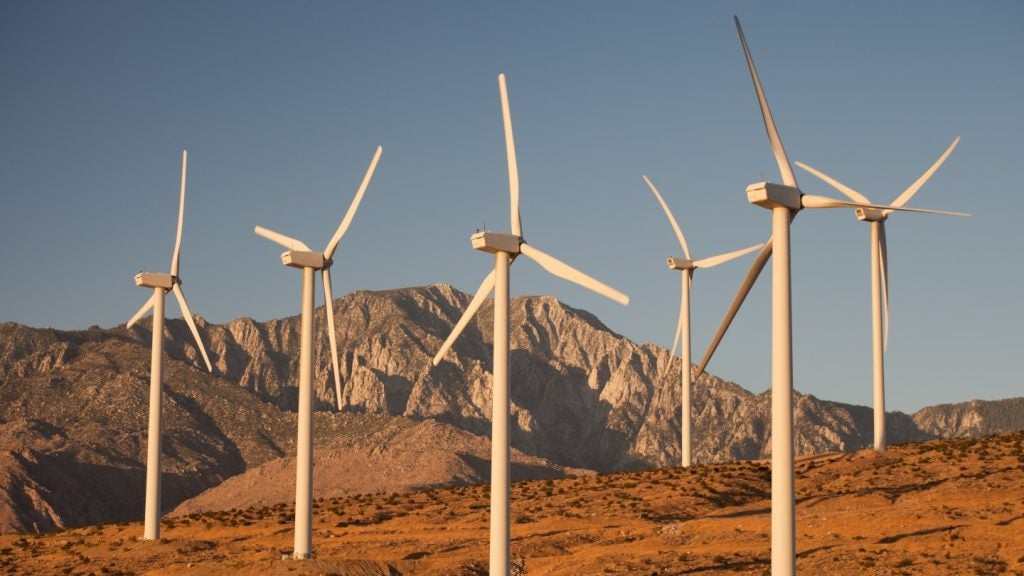
Britain to face tightened energy supply in 2015, says Ofgem
A report by the Office of Gas and Electricity Markets (Ofgem) said the UK will face an energy shortage by 2015-16.
The amount of spare generation capacity on the national grid could drop from the current 14% to as little as four percent, the energy regulator has forecast.
The report predicts a reduction in electricity generation margins and blames the risk on coal fired power stations being closed ahead of schedule under EU environmental legislation.
Japan’s carbon emission tax to cost utilities $1.02bn annually
Meanwhile in Japan, a government-backed think tank said a new carbon emissions tax to be introduced in the country from 2016 will cost utilities around JPY80bn ($1.02bn) each year.
Japan plans to gradually phase in the tax on coal, natural gas and oil during the next five years, the Ministry of Finance said.
How well do you really know your competitors?
Access the most comprehensive Company Profiles on the market, powered by GlobalData. Save hours of research. Gain competitive edge.

Thank you!
Your download email will arrive shortly
Not ready to buy yet? Download a free sample
We are confident about the unique quality of our Company Profiles. However, we want you to make the most beneficial decision for your business, so we offer a free sample that you can download by submitting the below form
By GlobalDataThe latest move would hit the balance sheets of businesses, from power plants and refineries to gas stations and factories.
About a third of the 2016 revenue, or JPY80bn, is anticipated to come from Japanese power firms, including Tokyo Electric Power, reported Reuters.
UK energy secretary fails to confirm PM’s claim
The UK secretary of state for energy Ed Davey failed to confirm the Prime Minister’s claim that gas and electricity suppliers will be forced to offer customers their lowest tariffs.
Speaking at a CBI conference in London, the Liberal Democrat fuelled rumours that the announcement made by David Cameron on 17 October came as a shock to both energy companies and the rest of government.
Davey was unable to explain what the PM meant in his speech to Whitehall, but instead reiterated the fact that a voluntary agreement was brokered with the big six energy companies in April to inform customers of “the best available tariff”.
Meanwhile, Labour said the government’s policy was in “chaos”.
Renewable industry displaces more than eight million tons of CO2 in Scotland
Also in October, government figures showed that electricity generated from renewables in Scotland has displaced 8.36 million tons of carbon dioxide (CO2) emissions.
The figures, obtained in response to a parliamentary question, show that the green energy created from wind farms and hydro power is offsetting the CO2 emissions from Longannet power station in Fife.
Scottish Renewables senior policy manager Joss Blamire said that renewable projects in the country have displaced the equivalent of 15% of Scotland’s total carbon emissions.
South Africa’s Eskom seeks to double electricity prices
In South Africa, national utility Eskom said it plans to more than double the price of electricity in the country by 2018.
The company applied to the National Energy Regulator of South Africa (Nersa) for a tariff determination, which includes a 16% annual increase during the next five years.
The proposed increase comprises of a 13% annual hike for the firm’s own needs and a three percent rise to support the introduction of independent power producers.
Power outages reported as Hurricane Sandy hits Cuba
Power outages were reported in the Caribbean as Hurricane Sandy strengthened into a category two storm with wind gusts of up to 114mph.
The hurricane reached southeastern Cuba on October 25, tearing down trees and powerlines, and later passed through Guantanamo Bay and the Bahamas.
Sandy made landfall just west of Santiago de Cuba after lashing Jamaica and Haiti on the day before.
Hurricane Sandy: seven million people left powerless
Hurricane Sandy reached the US on October 29 and left more than seven million people without power as it tore through the East Coast.
The US Nuclear Regulatory Commission said it was monitoring impacts from the hurricane on nuclear power plants in the north-eastern US, including an alert declared at Exelon Corp’s Oyster Creek plant in New Jersey.
The plant, currently in a regularly scheduled outage, declared the alert due to water exceeding “high water level criteria” in the plant’s water intake structure.
The Metropolitan Transportation Authority in New York cut power to some subway tunnels in lower Manhattan after tracks were flooded and New York University’s Tisch Hospital was forced to evacuate 200 patients after a backup generator failed.
New York Utility Co Edison announced on October 30 that more than 650,000 customers in the city and Westchester County lost electrical power due to the storm.
Norway’s DNV introduces new floating solar field concept
Norway-based DNV announced that it has developed SUNdy, a large-scale offshore solar field concept, to help meet the need for alternative energy sources.
Launched at Singapore International Energy Week, the floating offshore solar field concept features a hexagonal array which floats on the sea surface.
A collection of these arrays, totalling 4,200 solar panels, form a solar island equivalent of the size of a large football stadium, capable of generating 2MW of power.
Related content
September’s top stories: Google makes wind purchase as Pembroke station opens
September saw the £1bn Pembroke Power Station open in the UK, while Google made a pact to buy 48MW of wind energy from the Canadian Hills Wind project in the US.
August’s top stories: Hurricane Isaac causes blackouts as US halts nuclear plans
While Hurricane Isaac cut power supply in the US, the UK revived plans for the Severn tidal project.
July’s top stories: blackouts, investments and subsidies
While India suffered a gas shortage and major power cut, Australia launched new wave projects.















